Tax
Home » Publications » Economic Policy » Tax
The aim of the research at the CIS is to work towards an efficient and predictable tax system that does not impose too great a burden on the economy.

Executive Summary Australia’s tobacco control policy has reached a breaking point. For decades, bans on advertising and steady excise increases …

Executive Summary Australia faces persistent economic challenges. Productivity growth has slowed, business investment is uneven, and real wages have lagged …
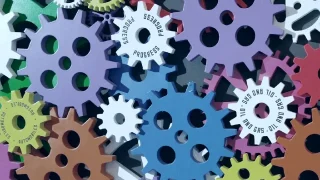
This is an edited version of Michael Stutchbury’s keynote address to the 2025 Freedom to Choose Conference Australia is a …

Introduction There is no one action that will lift Australia’s dwindling productivity growth; it is a measure determined by a …

Executive summary Concern over Australia’s slow rate of productivity growth is justified as it is essential to the nation’s prosperity. …
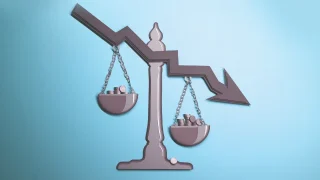
Executive summary The rising trend of government expenditure in Australia has long been present but has received new impetus from …

The re-elected federal government faces a long list of economic challenges, some of them created or exacerbated in its first …

Introduction The Albanese Labor government’s new tax geared to individuals’ total superannuation balances was unveiled in March 2023, failed to …

Royalty payments by mining companies for extracting resources, including large volumes of fossil fuels, are major revenue streams for state governments.
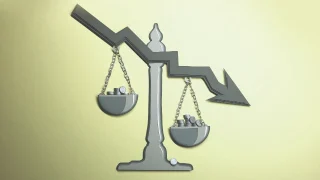
That government expenditure in Australia has grown apace in recent years is well-known. The growth became gargantuan during the coronavirus pandemic. However, to a less dramatic extent, it was happening before the pandemic — and has continued since it ended.

Jim Chalmers doesn’t have a central bank governor to blame for his forward misguidance or for his complaint that monetary policy may be “smashing the economy”.

Jacking up the price of a product usually ensures that less of it is sold. That can be a good …

Sometimes it takes outsiders to say the obvious but unwelcome things: high spending, low growth and red tape are hurting us. Why does Labor fail to see it?

Australian conservatives — however much they might be impressed by the way MAGA has fought back against woke ideas — would do well to understand that a successful movement cannot be defined forever by what it opposes.

A half-century on from stagflation, outdated workplace rules and union monopolies remain the biggest barrier to reversing the Australian economy’s slipping productivity and wealth.

The Labor government’s early surpluses now look like a flash in the pan and the budget is back to a deficit – which is set to deepen.
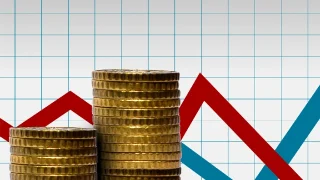
There is a long history of fiscal rules, but the overall record is patchy, with governments lacking the fortitude to stick to rules when the going got tough.

Industry Minister Tim Ayres rightly says that Australia is in competition for global capital as he throws taxpayer money at …

The fact is, the more tightly assistance is targeted at those in need, the lower the overall cost to the taxpayers, and correspondingly the greater efficiency (in terms of reducing poverty) you see for every dollar spent.

Rumours are swirling that the government may reconsider its superannuation tax changes that will hit those with balances above $3 million with new taxes, including taxing unrealised capital gains. Abandoning this policy change would be the right call: the supporting rationale for it is weak and largely incoherent.
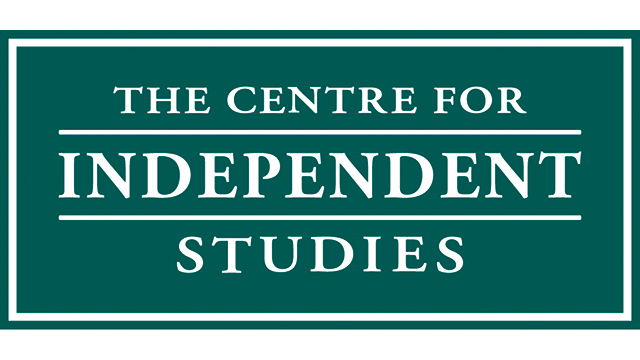
The federal government should pause increases in tobacco excise to weaken the profit of the black market. Australia’s aggressive policy of continuously hiking tobacco excise has created a multi-billion-dollar illicit market, inadvertently turning a public health initiative into a significant funding stream for criminal organisations.

Submission to the Senate Economics Legislation Committee in relation to its inquiry into the Better Targeted Superannuation Concessions and Other Measures Bill.

Corporate tax avoidance is an issue of some concern to the Australian community. However, many assertions made in the debate …

The submission by CIS Research Fellow Michael Potter provides a detailed case for a reduction in the company tax rate …

The growing company tax burden contrasts with the state of the economy, which is showing some weaknesses and facing substantial …
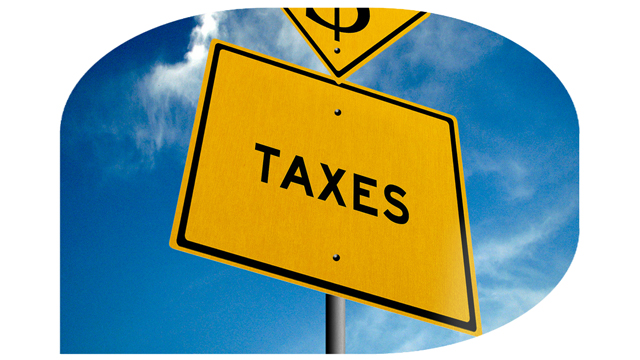
The slant towards cutting taxes before 2010 was welcome, but for such an approach to return in the foreseeable future, …

This submission responds to the invitation for comments on the Re:think tax discussion paper released on 30 March 2015. The …

The federal government’s Commission of Audit (CoA) was established in 2013 to review the performance and role of government. This …